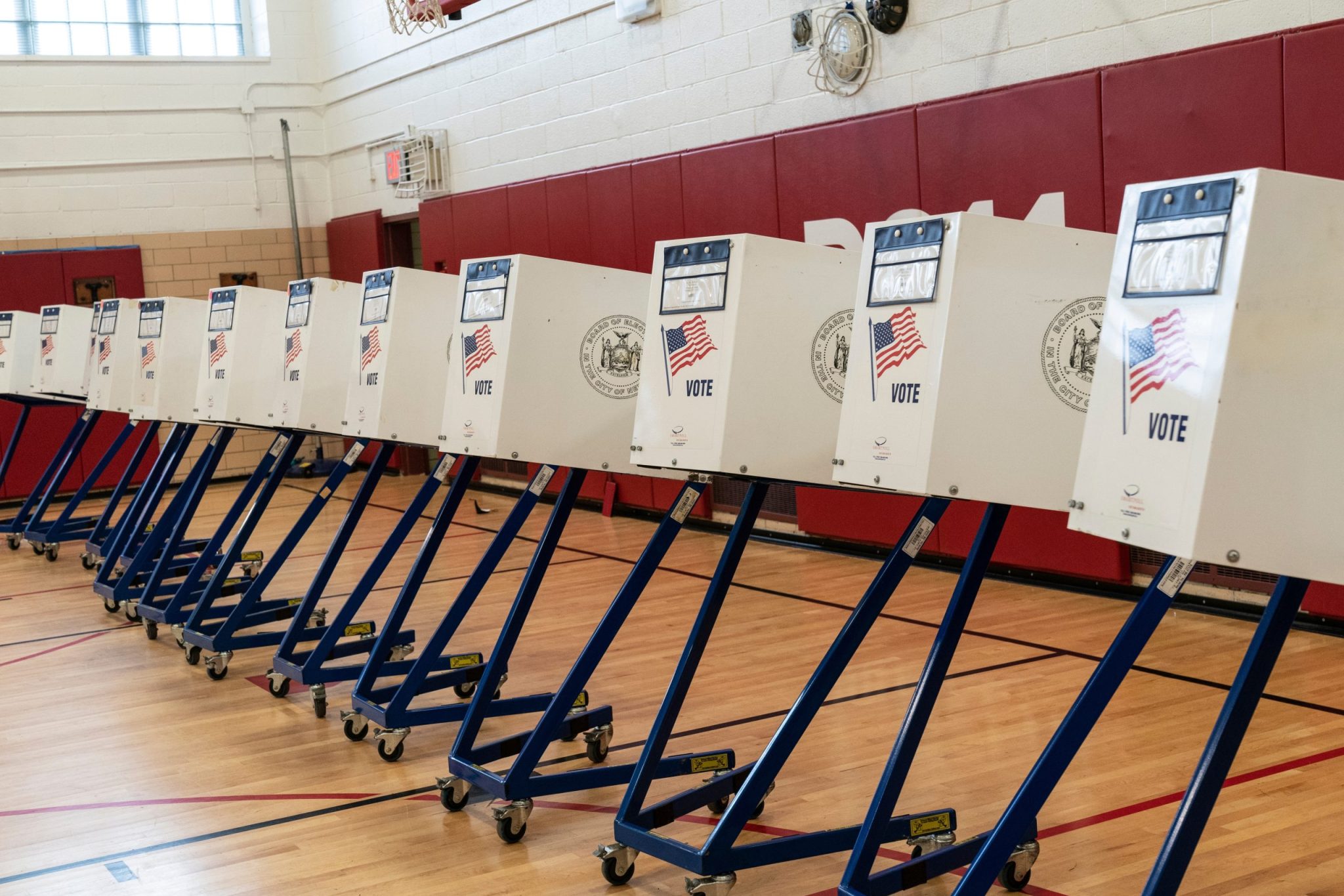Introduction
When people perform tasks in a complex work environment, mistakes are bound to happen. Election systems are no exception. Although the 2020 presidential and 2022 midterm elections in the United States were free, fair, and well-administered, broadly speaking, some election officials made mistakes conducting them. However, in some jurisdictions, these mistakes were subsequently exploited to support unfounded claims of fraud, try to overturn fair elections, and further erode trust in US democracy. In an election environment defined by hyperpolarization and election denialism, it is therefore more important than ever for election officials to understand how to respond to election administration mistakes in order to prevent and counter their weaponization.
Although trust in election administration is higher now than it was following the 2020 presidential election, bad faith actors continue to weaponize election administration mistakes. While election deniers lost key races in 2022 midterm elections, their efforts to undermine electoral systems have proliferated and expanded beyond claims that the 2020 election was stolen. In 2023 alone, legislatures in 38 states have introduced nearly 200 bills that would increase the risk of meddling in the vote counting process for future elections, often under the false pretenses of widespread fraud and incompetent election administration. While election administration failures do exist, local election officials in Arizona, Nevada, and Pennsylvania attempted to block the certification of election results on little more than conjecture. And states established task forces to investigate speculative fraud allegations, rather than support election officials and their voters. Such actions are likely to continue, if not increase, in the run up to the 2024 election.
Moreover, elections face a growing exodus of election workers leaving the field. Election officials continue to face death threats, harassment, and abuse stemming from election lies. In some states, political leaders have attempted to silence or replace election officials who told the truth about election security, and impose criminal penalties for minor infractions. As a result, roughly one to two local election officials have left office every day since the 2020 election, and more than one in five election officials are expected to be serving in their first presidential election in 2024.
The loss of institutional knowledge that accompanies such high turnover could mean that the new cohort of election officials entering the field are less prepared to administer elections, resulting in more, or graver, administrative mistakes, which in turn could further undermine US democracy and fuel more conspiracies and threats.
This report examines administrative errors made in recent elections in Antrim County, Michigan, Harris County, Texas, and Maricopa County, Arizona, and surveys how these errors were subsequently alleged to be conclusive proof of malfeasance. For each election, the report describes:
- The actual administrative error and how it occurred
- Actions each jurisdiction took to address the error, including their communication with the public
- The fallout from these errors, including how bad faith actors weaponized them to try to cast doubt on the integrity of the election
Drawing on these examples, the paper offers recommendations that election officials, state legislators, and other key stakeholders can adopt to both reduce the likelihood of future election administration mistakes and mitigate the impact of mistakes if they do occur. Together, these recommendations seek to prevent the weaponization of election administration errors to further undermine US elections.






